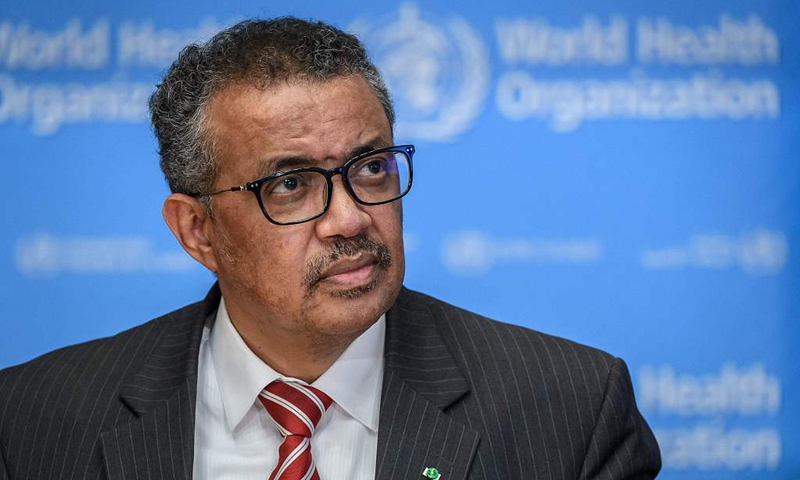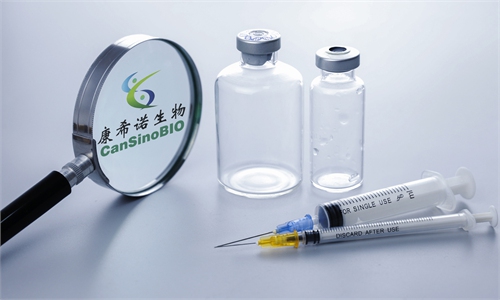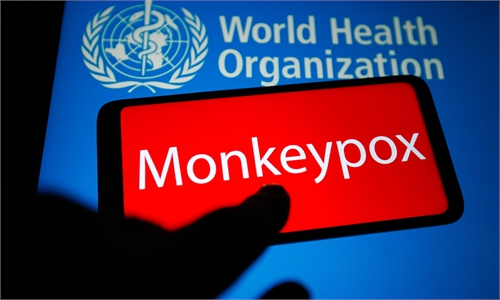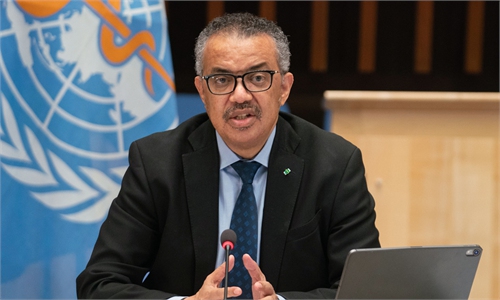Countries agree to overhaul WHO funding
Stable income expected to provide more flexibility in tackling disease

Tedros Adhanom Ghebreyesus, head of the World Health Organization. Photo: VCG
Shaken by the pandemic, the World Health Organization's member states agreed Tuesday to overhaul how they fund the UN health agency, giving it much more money to spend on its own priorities.The budget revamp is aimed at strengthening the organization and making it more agile when responding to global health crises.
The change will give the WHO a more stable income stream and control over a much bigger portion of the funding flowing through its Geneva headquarters.
"This is a historic moment," WHO chief Tedros Adhanom Ghebreyesus said as the resolution was adopted at the World Health Assembly, the annual gathering of the organization's member states which serves as its decision-making body.
He said it would transform how the WHO is funded, and how it works.
"It will give us a predictable and sustainable funding platform from which to deliver long-term programming in countries," he said.
Member states currently channel most of their cash into short-term health projects of their own choosing, which can fluctuate. But countries will now transition toward giving half of their WHO contributions as straightforward membership fees instead, giving the organization more flexibility.
Tedros, who was reelected earlier Tuesday, has made overhauling the agency's finances a key plank of his leadership.
He had warned countries that it was "now or never," after the COVID-19 crisis exposed the shortcomings of the existing setup.
"The pandemic has demonstrated why the world needs WHO, but also why the world needs a stronger, empowered and sustainably financed WHO," Tedros told the assembly.
The WHO gets its money from its 194 member states and nongovernmental organizations.
Nations' membership fees - "assessed contributions" calculated according to wealth and population - account for less than one-fifth of the WHO's funding.
Most of it currently comes via "voluntary contributions" from member states and donors, which go toward outcomes specified by them.
The WHO therefore has limited leeway to respond to crises like COVID-19, the Ukraine crisis and other health emergencies.
The membership fee portion will rise to 50 percent by the 2030-31 budget cycle at the latest.
In return, the WHO will be expected to implement reforms, including towards more transparency on its financing and hiring.
Changing the funding model will help the WHO implement its priorities "more effectively and efficiently," Tedros said Tuesday.
Rather than spending time scrambling to find money, "you're telling us to focus on the programs, and the funding will be taken care of."
AFP



